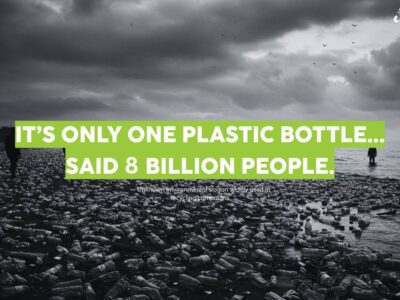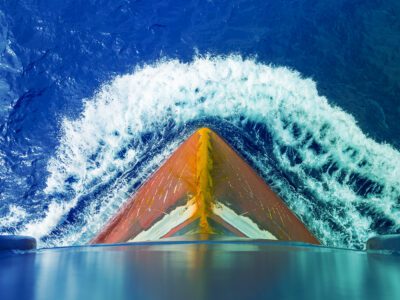For once, regulation precedes crisis

Often government doesn’t notice, or at least isn’t sufficiently motivated to respond to, the need for regulation until after something goes badly wrong (witness the financial market meltdown). But this week the National Marine Fisheries Service got ahead of the curve. On Monday, NMFS finalized a rule prohibiting all fishing for krill, the non-charismatic but essential tiny crustaceans at the base of the marine food chain, in the Exclusive Economic Zone off the west coast of the U.S.
There is currently no directed fishery on krill in the region, but there is a market for krill in the Pacific northwest as feed for fish farms. That market will expand if the U.S. begins to permit open ocean aquaculture in the Pacific, an idea the Department of Commerce was actively pursuing under the Bush administration. (The Gulf of Mexico Regional Fishery Management Council recently voted in favor of an ocean aquaculture program. The Department of Commerce, which must approve the plan before it goes into effect, has yet to act on it. A group of 37 members of Congress, including House Natural Resources Committee Chair Nick Rahall (D-WV) have asked Commerce Secretary Gary Locke to reject the plan.)
NMFS is concerned about the harm that commercial krill fishing, if it did develop, could cause to marine ecosystems. The preamble to the rule explains:
As the principal food source for many fish and non-fish species, krill are a critical component of the marine ecosystem. Off the West Coast krill are important prey for a variety of fish species, including several overfished groundfish species, salmon and Pacific whiting. Krill are also a principal food source for many species of marine mammals and seabirds . . .
The new federal rule will backstop state law — California, Oregon, and Washington already prohibit krill landings at their ports, but the states cannot control fishing outside the 3-mile territorial sea or landings at ports outside their jurisdiction.







Reader Comments